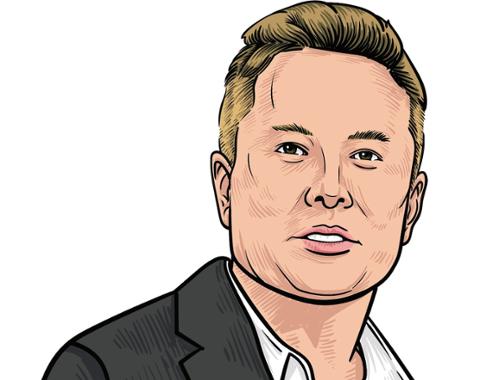Twitter accepted a $44 billion takeover bid from Elon Musk, the CEO of Tesla and SpaceX. Once the deal is completed (likely later this year), Musk will control one of the world’s most prominent social networks. Whether he can successfully manage a massive website on top of his responsibilities as an automaker, rocket-launcher, tunnel-digger, and neurological-implant-implanter remains to be seen.
As Musk expands his business empire, it’s worth taking a moment to see how much software engineers make at his various companies—and how that compensation compares to Twitter. Tesla is easily the largest of his holdings, with a market capitalization hovering at around a cool trillion dollars; the software engineers tasked with making the company’s electric cars “smarter” earn high but not extraordinary compensation, at least by the standards of the tech industry’s biggest companies. Check out the chart, with data from crowdsourced-compensation site levels.fyi:
Compare those numbers to what software engineers make at SpaceX, Musk’s privately-held spaceflight company. SpaceX’s software engineers, in conjunction with their hardware colleagues, have pulled off some incredible feats over the past several years, including the development of reusable rockets. For those accomplishments, they generally earn the following:
Levels.fyi doesn’t give us any salary data for The Boring Company or Neuralink, Musk’s other companies, but Glassdoor (which also relies on crowdsourced data) places software engineers’ compensation at The Boring Company at $83,294 per year, and Neuralink in the $140,000 to $150,000 range.
(By software engineering standards, The Boring Company numbers seem a bit low, although they might be skewed by a small sample size; at Neuralink, those numbers seem appropriate, especially since those engineers must work on complex projects alongside mechanical and electrical engineers.)
Which brings us to Twitter. It’s an open question whether Musk will push radically different policies onto his new social network, or substantially alter the nature of its software engineers’ jobs. What’s clear, however, is that he’ll have to pay quite a bit to retain and hire top software engineering talent, especially during this current era of high demand. Check out these compensation numbers:
One thing’s clear: No matter what the industry, Musk is going to need to shell out quite a bit in order to keep his software engineers happy. The survival of his growing empire depends on those engineers doing their best work.



